Tim Hayes | March 18, 2025
Seekers of lost British comics now have plenty of places to look. Rebellion sets sail in search of an audience for strips from its Fleetway/IPC archives on a regular basis, the Gerry Anderson organization is untangling the rights issues of its 1970s licensed comics, Dark & Golden has reprinted early work from corners of the UK industry in gratifyingly lo-fi formats. And now there's Phoo Action: Silver Jubilee, which is not lo-fi and when compared to the former, has been dynamited out of the rock as a prodigious gemstone and hauled up on a crane.
 In both the Deluxe Edition priced at $99 and a limited Super Deluxe version for $400 (a modest $50 version is available for an October pre-order), the book's core comics content is the 12 published episodes of Get the Freebies, this being a strip created, written and drawn by Jamie Hewlett for The Face magazine starting in June 1996. Despite catching Hewlett at a point of maximum cultural juice - he was just leaving Tank Girl behind and about to co-create the virtual band Gorillaz - Get the Freebies and its characters made it through those 12 chapters and promptly drifted into a flickering half-life. A second sequence of comics stories was planned for the same magazine, with the strip now renamed Phoo Action. Hewlett joined with Mat Wakeham as co-writer, but only one episode was fully drawn and none were ever published. Then a decade went by before a one-hour live-action TV show based on the original characters was made by the BBC, as the pilot for an intended series of Hewlett-infused Phoo Action capers. Launched into the more nervous climate of 2008, the pilot did not satisfy the network, and nothing further happened there either. Phoo inaction set in, until now.
In both the Deluxe Edition priced at $99 and a limited Super Deluxe version for $400 (a modest $50 version is available for an October pre-order), the book's core comics content is the 12 published episodes of Get the Freebies, this being a strip created, written and drawn by Jamie Hewlett for The Face magazine starting in June 1996. Despite catching Hewlett at a point of maximum cultural juice - he was just leaving Tank Girl behind and about to co-create the virtual band Gorillaz - Get the Freebies and its characters made it through those 12 chapters and promptly drifted into a flickering half-life. A second sequence of comics stories was planned for the same magazine, with the strip now renamed Phoo Action. Hewlett joined with Mat Wakeham as co-writer, but only one episode was fully drawn and none were ever published. Then a decade went by before a one-hour live-action TV show based on the original characters was made by the BBC, as the pilot for an intended series of Hewlett-infused Phoo Action capers. Launched into the more nervous climate of 2008, the pilot did not satisfy the network, and nothing further happened there either. Phoo inaction set in, until now.

The cycle of live-die-repeat means that Wakeham, as co-author of some of the comics, author of this book, and torch bearer for the whole enterprise, has on hand a set of published and unpublished Hewlett comics alongside an ocean of ancillary material: character sketches, page roughs, breakdowns, cast photos, designs, scripts, notes, doodles, scribbles. A whole ecosystem of work by Hewlett and others spring-boarding from his efforts, all for a property which never reached orbit. Wakeham also has a natural stakeholder's interest in pulling his co-creation off the cult shelf and presenting it as worthy of the attention. In 2017 Hewlett got a full career retrospective from the German publisher Taschen, and the new book takes its cue from Taschen's fine-art inclinations and indulgent vibe. And so it is that a short-lived, three-decade-old comics fandango and its never-commissioned TV spin-off are memorialized in this oversized hardback with 400 silver-edged pages, a cloth spine and a slipcase, a book which swapped publishers and slipped well past the actual silver jubilee of the thing it celebrates, a tome that could hospitalize a burglar.

Whether or not this is a riposte to those who stymied Phoo Action's progress, the book spells out how Get the Freebies was itself a response to the 1995 Tank Girl movie crashing. That black hole of a film drained the enthusiasm out of Hewlett and his Tank Girl co-creator Alan Martin, and holed Deadline magazine below the waterline. Looking for fresh avenues (and per Wakeham "after Deadline and the giddy heights of Hollywood you can't go back to 2000 AD," so there) Hewlett created Get the Freebies as a strip even more explicitly plugged into the pop-culture of the UK than Tank Girl. The story's antagonist trio of criminal bozos called 'The Freebies' are Hewlett's enthusiastic wade into the worlds of Chuck Jones and Looney Tunes, while the actual protagonists are a girl-boy crime-fighting pair: Whitey Action, an effortlessly cool chain-smoking Brit Pop teenager with great bangs and a pulse that never seems to break 61, and Terry Phoo, a gay martial artist from Hong Kong in Bruce Lee's jumpsuit. "Whitey's a drug addict chimp-taming party magnet and Terry plays for the other team," summarizes a TV producer in the comic's first chapter, receiving a pitch for the strip he's already in.
These first 12 published strips are Hewlett flying solo, writing and drawing, coloring predominantly with magic markers, seeing if the anarchy of Tank Girl could be corralled into something with a bit more control and still stay wired. It chews huge mouthfuls of 1990s British pop culture, which might leave foreigners to wonder why BBC Radio 1 DJ Steve Lamacq was worth lampooning in the first place. Wakeham notes in the text that Love and Rockets had just reached the end of Volume One, and there's a dash of Jaime Hernandez in the cool self-assurance of Whitey Action and her sex life, but in British cartoon terms the artist is gingering up Ronald Searle's exuberant long-limbed glittering freaks. Hewlett's characters lounge and loiter, meditate and medicate, cool enough to flatter the culture that created them.
 Shadows gather in these comics rapidly, since Britain can't kid itself for long. Even in the first episode it seems that Terry is drugging Whitey with hormone tablets without her knowledge, and by the twelfth an Acme atomic bomb explodes in London and God sorts out the plot's loose ends. Next would have come a second comics series, the single surviving episode of which has further downers: areas of London are irradiated no-go zones, Whitey is a habitual user of cocaine by the bucketload, and unpleasant things happen to the deserving and undeserving alike. The book presents this 13th six-page episode on black paper stock to make the point, but Hewlett's art looks sublime, especially in the sequences with ancient Chinese demon Li Long Chang - this just as the UK was handing Terry Phoo's Hong Kong back to China (and before Hewlett and Gorillaz created the stage musical Monkey: Journey to the West). Technically Tank Girl had been post-apocalyptic too, but that was a kick at Britain's 1980s Tory death cult. Ten years later the Cold War is over and colonialism is kaput and the mushroom cloud is a poltergeist you can't get rid of. Tank Girl was the binge, and Phoo Action is the hangover.
Shadows gather in these comics rapidly, since Britain can't kid itself for long. Even in the first episode it seems that Terry is drugging Whitey with hormone tablets without her knowledge, and by the twelfth an Acme atomic bomb explodes in London and God sorts out the plot's loose ends. Next would have come a second comics series, the single surviving episode of which has further downers: areas of London are irradiated no-go zones, Whitey is a habitual user of cocaine by the bucketload, and unpleasant things happen to the deserving and undeserving alike. The book presents this 13th six-page episode on black paper stock to make the point, but Hewlett's art looks sublime, especially in the sequences with ancient Chinese demon Li Long Chang - this just as the UK was handing Terry Phoo's Hong Kong back to China (and before Hewlett and Gorillaz created the stage musical Monkey: Journey to the West). Technically Tank Girl had been post-apocalyptic too, but that was a kick at Britain's 1980s Tory death cult. Ten years later the Cold War is over and colonialism is kaput and the mushroom cloud is a poltergeist you can't get rid of. Tank Girl was the binge, and Phoo Action is the hangover.
At this point Phoo Action: Silver Jubilee has exhausted its comics content with 250 pages still to go. For the aborted second comics series it shows off some Hewlett layouts and a couple of unlettered pages, but from here on the book's presiding spirit is Wakeham, staking his claim with a gargantuan prose novelization of all eleven undrawn second series episodes. Alan Martin once wrote a Tank Girl paperback prose collection, Armadillo, an exercise that was never repeated, while Wakeham shoots past that benchmark for ribald excess and a determination not to let the old story notes go to waste. This section has new spot illustrations by Philip Bond, turning Hewlett's lanky characters into his own stockier pugnacious figures.
The 2008 TV adaptation, for which the book turns into The Making Of Phoo Action with cast and costume photographs, set designs, props, and the pilot episode's entire script that takes up a further 80 pages alone. The show is an exercise in hauling Hewlett visuals out of panel art and into three dimensions of puppetry and Muppet-ry - and perhaps shows why there wasn't any real need. Wakeham was aiming for "the adaptation of our dreams" (still smarting from the Tank Girl film). The production team chased Nicolas Winding Refn (whom the book accidentally calls Dutch, he is Danish) before making a show visually closer to Edgar Wright, surely the path of least resistance. Judge for yourself via YouTube. At the time Hewlett added new characters for the show's never-made next episodes, they emerged from his Gorillaz-style as dark and gloomy wraiths, carrying painful looking surgical modifications, blank white eyes and digital color shadings turning the characters' old louche cockiness into something more unnerving and sour. For this printing, those drawings as well most of the other illustrations have been upscaled via AI for presentation purposes, and scrupulously labelled as such; an upfront transparency to go alongside Wakeham's recent annoyance at the suggestion that Hewlett himself uses AI for any such thing.
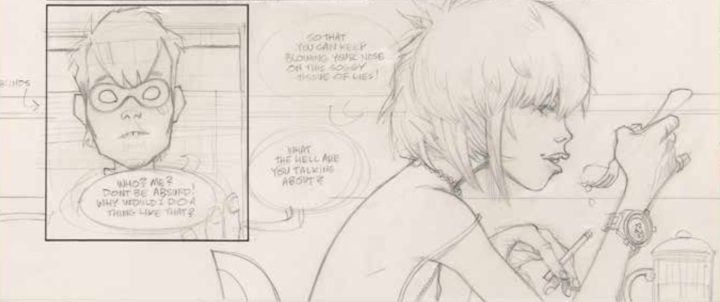
Hewlett to Wakeham, regarding the prospect of doing this project, "If you have the energy to put together a book of Get the Freebies then you most definitely have my blessing. All the work will be on your shoulders just to be clear!" Some irony that an artist who never seems much inclined to revisit his old work has a chunk of it not just republished but expanded far in all directions here. The 2017 Taschen release showed Hewlett progressing away from comics – with beautiful watercolor paintings made after a visit to Bangladesh, art as a response to climate change in the developing world. Maybe part of the remit is to tackle tomorrow rather than keep going back to yesterday. Yet Hewlett's comics work is so precise in its mood, so vivid in its cartooning, and so very British, that every time anything old of his bobs back up, he resumes his seat as one of UK comics' kings over the water.




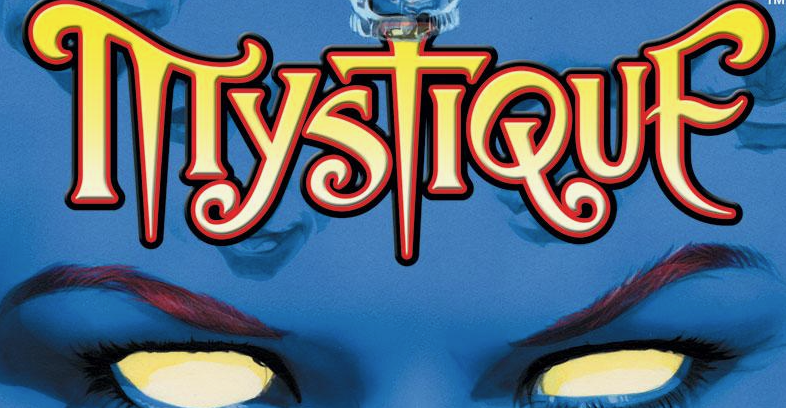



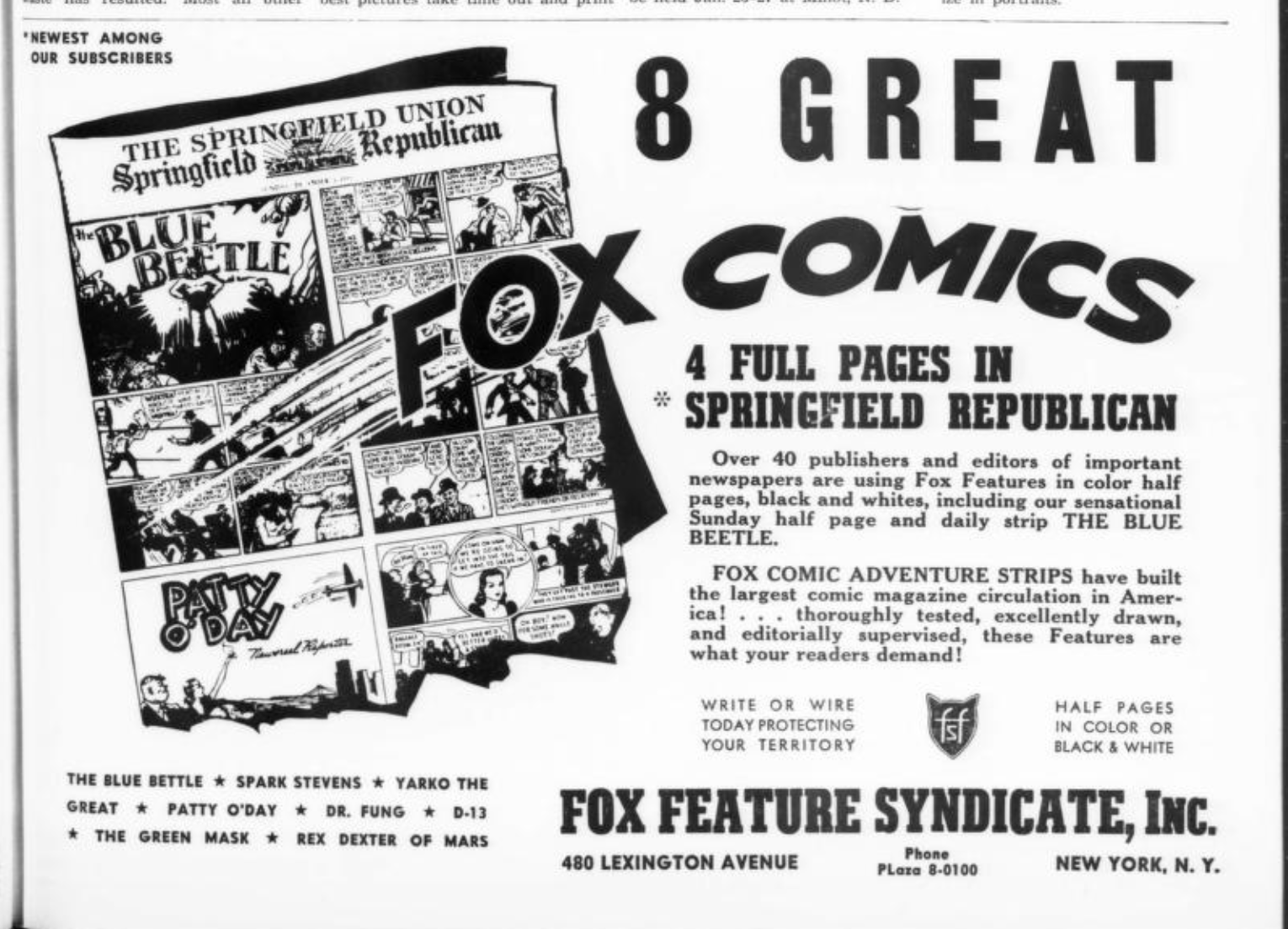
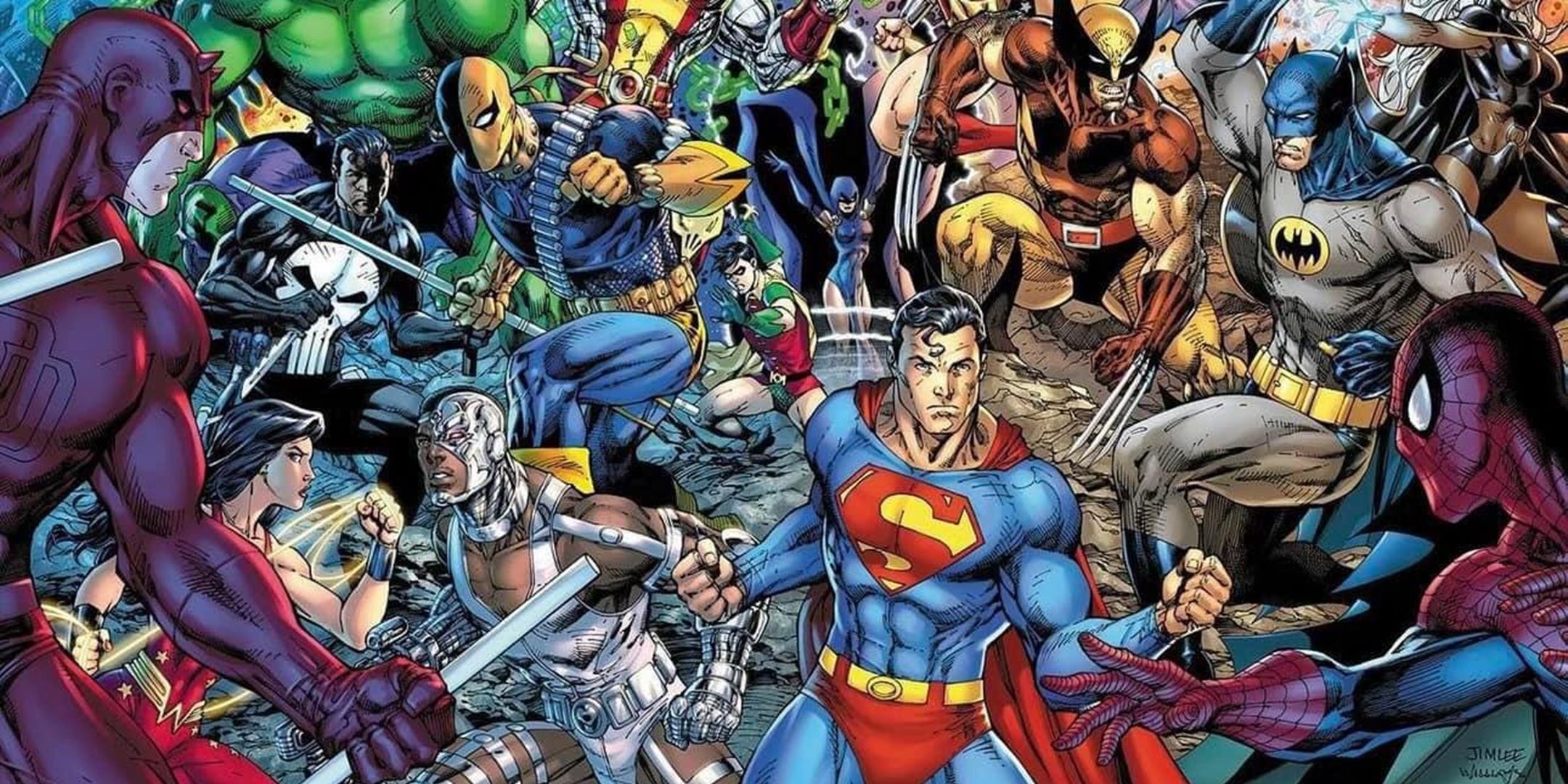


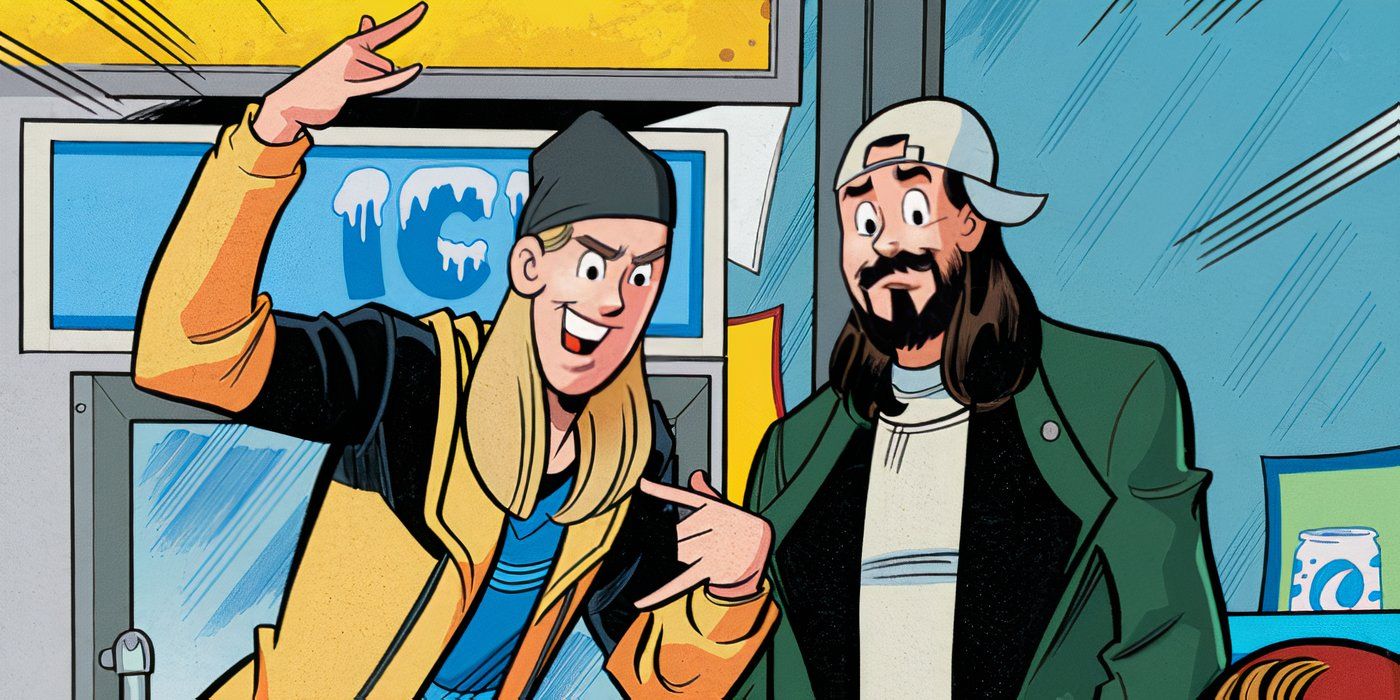
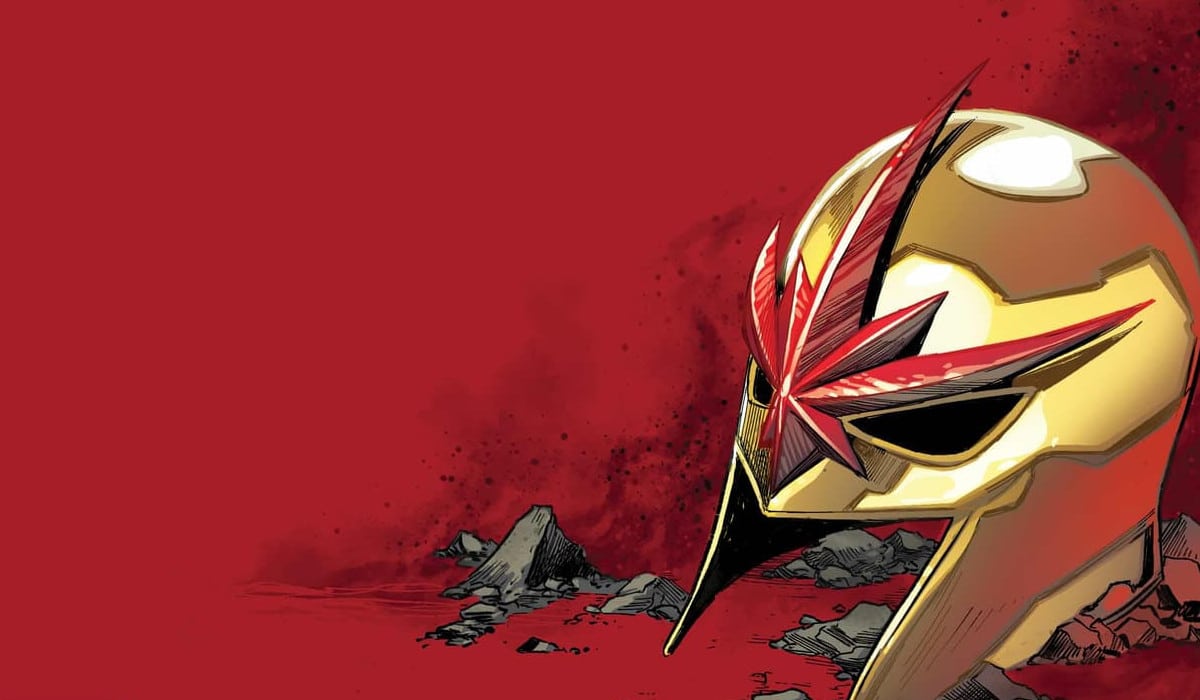
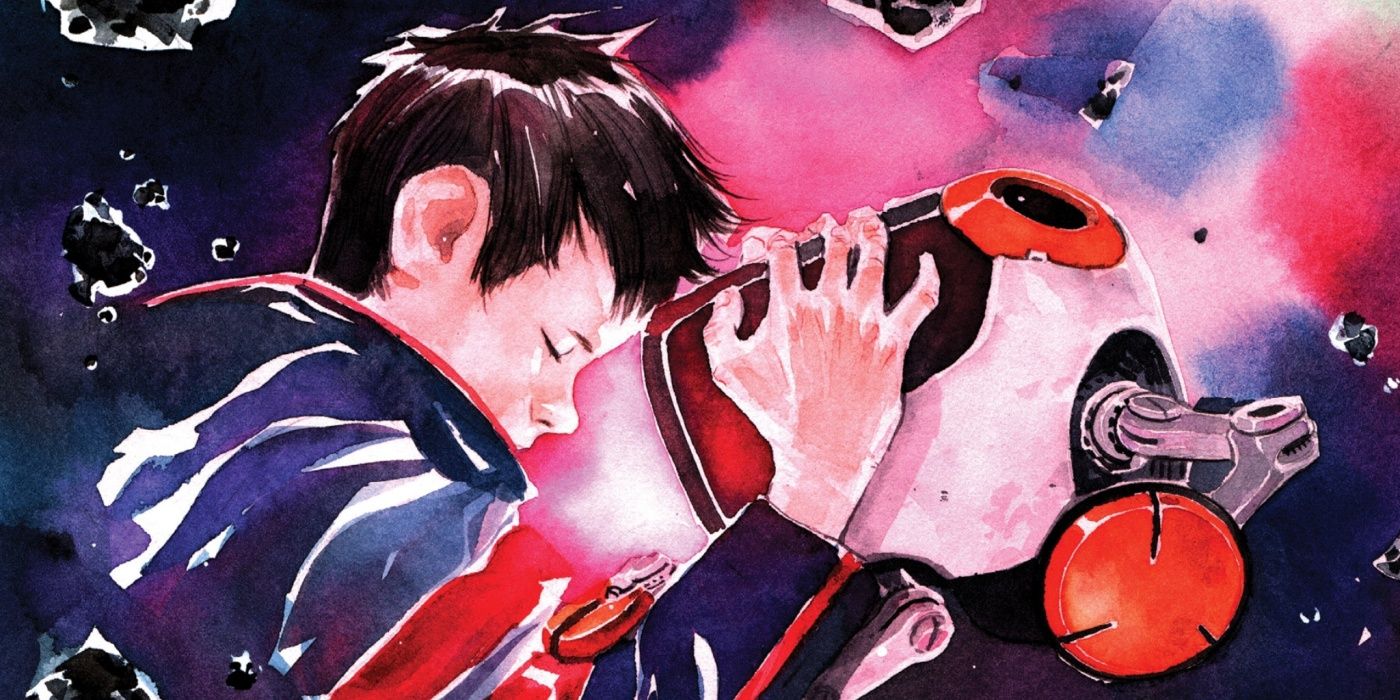

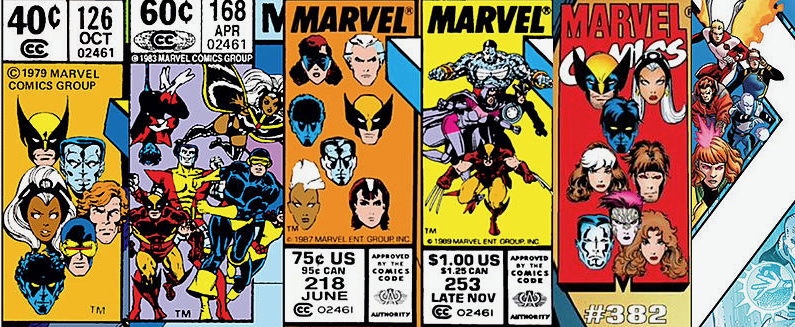


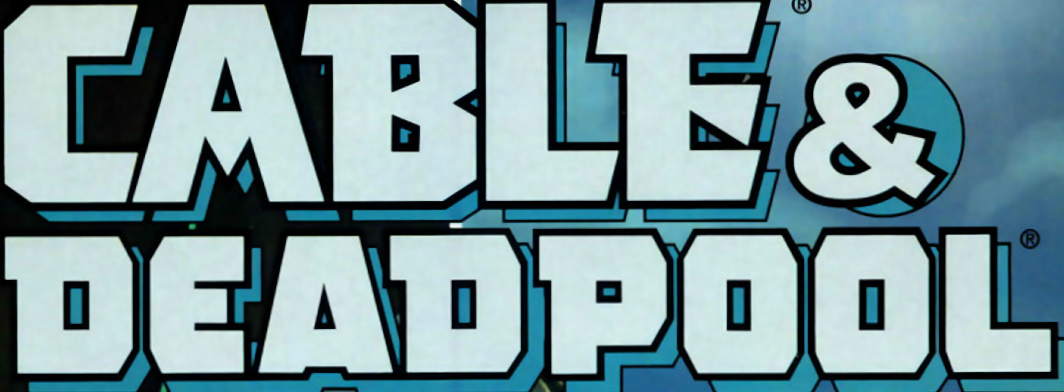
 English (US) ·
English (US) ·